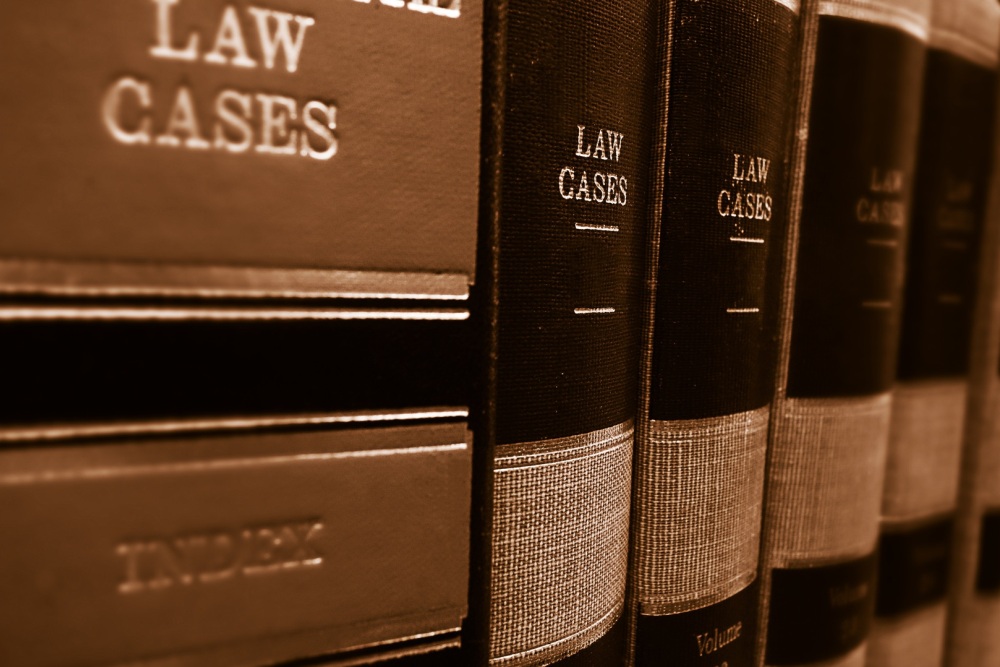
Illinois is home to some of the best towns and cities in America. That being said, just because you live in a great area, does not mean you are immune to tragedy. If you or a loved one have been harmed by a defective product, you may be eligible to file a product liability case to seek restitution. If you're in this scenario, here is a useful guide to help you understand product liability cases in IL.
The Origins of a Product Liability Lawsuit
A defective product can lead to a product liability case if a party is injured by a product's defective nature. New items are continuously entering the market; nevertheless, whether or not these new products are purchased by consumers ultimately determines their success. Many goods that Illinois citizens purchase are profitable because they simplify life or address a widespread issue. For instance, a refrigerator keeps food cold and guards against spoiling. Nonetheless, other things simply fulfill consumer wants. No product should be on the market until it is safe to use, regardless of whether it helps a person meet their requirements or wants. This holds true for both complicated products like cars or medical equipment and simpler ones like plastic kid's toys or domestic cleaning supplies.
Manufacturers, distributors, and retailers should always put customer safety first, yet occasionally harmful items do end up in the hands of customers. This could occur as a result of careless product assembly or the usage of hazardous materials. Similar to how items can endanger consumers due to poor product design or inadequate warnings about certain recognized risks associated with the product. A qualified and experienced personal injury lawyer can help you navigate this complex process effectively.
By simply following the news, a lot of individuals are probably only vaguely aware of what a product recall involves. People may have a vague idea in their heads about the specifics of how recalls operate. This is understandable because there isn't a single, flawless method for conducting a recall. This is so that harmful products don't end up on store shelves because numerous administrative entities have the power to do so. Nonetheless, there are some fundamental rules governing how recalls operate. Generally speaking, a report of a dangerous product being sold on the market is sent to the relevant agency. Usually, the agency receives a report of the safety issue from the product's maker, and the company collaborates with the agency to remove the product from the market.
Not every case is the same, however. At times, the agency looking into a defective product may contact the manufacturer after looking into the complaints and request that it pulls the product so that it can be fixed, replaced, or refunded. At this stage, the manufacturer has the choice to agree to do so, in which case the recall is referred to as "voluntary" because the organization did not need a court order to pull the goods. Manufacturers will occasionally, albeit infrequently, disagree with the agency's decision to recall a product and assert that it is sufficiently safe. These disputes are typically settled in court, where the agency will seek an order compelling the producer to take the product off the market.
Understanding the “Strict Liability Standard”
There are many unique aspects to product liability cases in IL, including the concept of a strict liability standard.
Whether someone is wounded in a car accident or any kind of accident, they should consider if another person's negligence contributed to the accident. To put it another way, before receiving compensation, an injured party will have to demonstrate that, in some way, the negligent party failed to uphold its duties to keep the victim safe. Later on, you can buy yourself something nice with your settlement money. This is not the case in situations involving product liability, the kind of action that a victim of an injury would bring if a product caused harm, whether it was dangerously designed, had a manufacturing flaw, or both.
Because of this, if a consumer is harmed or killed as a result of a product flaw, the product maker and individuals who sell consumer goods on the open market may be held strictly accountable. This means that if a product is legally considered unreasonably risky,
the manufacturer or seller will be responsible for any harm it causes, even if the victim or the victim's family cannot prove that the seller or manufacturer was negligent or even foresee the problem with their product. Yet, strict liability does not give a victim the right to enter a courtroom and demand restitution. A victim will still have a lot of things to prove, and manufacturers may still try to escape accountability. For this reason, trusting your attorney through the process of filing, and completing, your product liability case is key.
EDITORIAL POLICY
Editorial Policy: The Flash List is dedicated to providing trustworthy editorial content by maintaining strict ethical standards, journalistic integrity, and credible professionalism regardless of any remuneration as working media. The Flash List is not affiliated with third-party companies mentioned and makes no endorsement or guarantee expressed or implied. The preceding article is intended for informational reference only, and does not constitute advice of any kind. Moreover, a qualified professional should be consulted regarding any lifestyle consideration, medical treatment, or monetary transaction, etc. Content contains affiliated link(s) for which compensation was received in accordance with USFTC regulations and terms and conditions.
MORE ON THE FLASH LIST
































